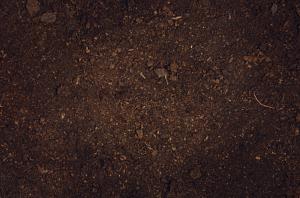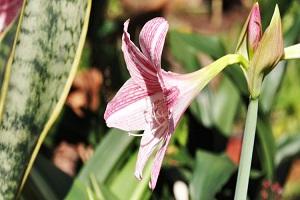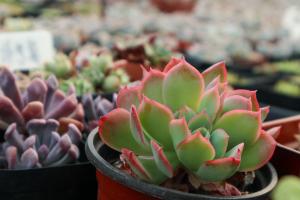Does Microwaving Water Affect Plant Growth?
When it comes to growing healthy and strong plants, there are a lot of factors that need to be considered, including soil quality, watering routine, sunlight exposure, and many others. But what about the temperature of the water used to keep plants hydrated? Some gardeners suggest that microwaving water before using it on plants can have a negative effect on their growth. So, does microwaving water really affect plant growth?
The Science Behind Microwaving Water
First, it's important to understand how microwaving water works. When water is exposed to microwaves, the molecules in the water begin to vibrate and move more quickly, which creates heat. This process can cause water to become superheated, which means that it can reach a temperature higher than its boiling point without actually boiling. This can be dangerous, as superheated water can explode when disturbed.
The Effect on Plant Growth
There is some evidence to suggest that using microwaved water on plants can have a negative effect on their growth. One study found that seeds that were watered with microwaved water showed slower growth than those watered with non-microwaved water. Additionally, some gardeners have reported that their plants didn't thrive when they used microwaved water. However, it's important to note that these observations are anecdotal and more research is needed to fully understand the impact of microwaved water on plant growth.
The Potential Risks
In addition to the potential impact on plant growth, there are a few other risks associated with microwaving water. As mentioned earlier, microwaved water can become superheated, which can be dangerous if it's disturbed. Additionally, there is some concern that microwaving water in plastic containers can cause harmful chemicals to leach into the water, which could also negatively affect plants, as well as the people consuming the plants.
The Bottom Line
While there is some evidence to suggest that using microwaved water on plants can have a negative effect on their growth, more research is needed to fully understand this phenomenon. In the meantime, it's probably best to err on the side of caution and avoid microwaving water that will be used on plants. Opt for room temperature or lukewarm water instead, and choose glass or metal containers to avoid potential exposure to harmful chemicals.
Ultimately, the health and vitality of your plants will depend on a multitude of factors, including the quality of the soil, the amount of sunlight they receive, and the regularity and consistency of your watering routine. Microwaving water may be just one piece of this puzzle, but the potential risks and unknowns suggest that it's best avoided if you want to give your plants the best chance to thrive.

 how many times do yo...
how many times do yo... how many planted tre...
how many planted tre... how many pine trees ...
how many pine trees ... how many pecan trees...
how many pecan trees... how many plants comp...
how many plants comp... how many plants can ...
how many plants can ... how many plants and ...
how many plants and ... how many pepper plan...
how many pepper plan...
































